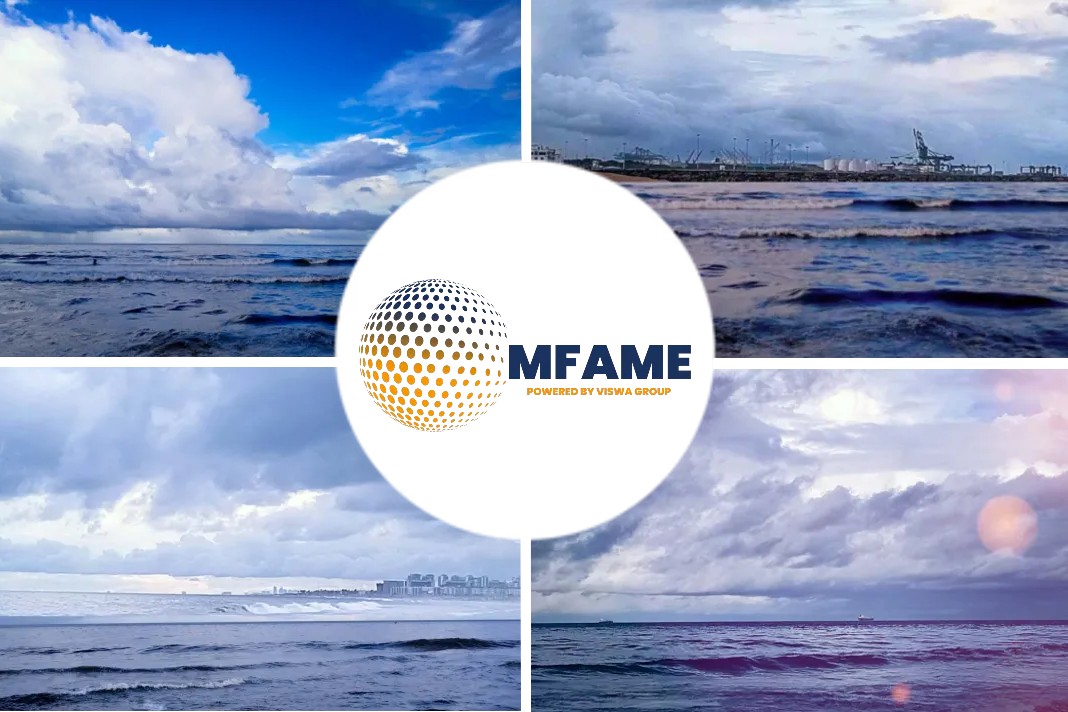Fincantieri Towards Zero-Emissions Ships and More Digitalization, says an article on Seatrade Maritime.
Fincantieri by Giuseppe Bono
According to estimates, maritime transport accounts for about 2.5% of global greenhouse gas emissions. And the main protagonist of this high-tech revolution is Fincantieri, the shipbuilding giant led by Giuseppe Bono, which employs 10,000 people in Italy alone – where it maintains the core of its know-how developed in more than 230 years of history. So Fincantieri’s green route can be traced via the integrated balance sheet, starting from the recent collaboration agreement with Almaviva. Signed by the subsidiary Fincantieri NexTech, it aims to accelerate the digitalization process in the transportation and logistics sector to foster a mobility system that better response to the new needs of those who travel. This is a strategic move for the entire country of Italy.
The Fincantieri-Almaviva alliance will develop new mobility solutions for the safe transport of people and goods. Starting from connected vehicles, which use special sensors that perceive the surrounding reality and interact with it, and smart roads, which allow communication and interconnection between vehicles. Applications will also be developed for transport safety and predictive maintenance processes with the support of artificial intelligence algorithms and the digital twin, which reproduces all the infrastructure characteristics in a digital three-dimensional and virtual browsing format. The agreement also provides for a development plan on international markets to enhance the value of Made in Italy products in a highly competitive sector currently dominated by American and Chinese players.
“This partnership pools the extremely high innovation content expressed by two companies that view research and development activity as an essential driver. This initiative will allow us to develop our digital skills further, directing our efforts towards using artificial intelligence to monitor infrastructures and the territory, as well as towards integrating the different mobility networks” Bono explained, pointing out that in this world Fincantieri will be “contributing enormously to the transportation sector, surely one of the main sectors on which the best resources in the country should converge”.
Zero Emission Ultimate Ship(ZEUS project)
On the new technology frontier, the ZEUS project, an acronym for Zero Emission Ultimate Ship, is based on Fincantieri’s collaboration with Italy’s National Research Council (CNR), the universities of Genoa, Naples, and Palermo, with co-funding from the Italian Ministry for Economic Development. It is a laboratory ship measuring about 25 meters in length dedicated to the study of low environmental impact technologies for energy production. ZEUS will be the first marine vessel powered exclusively by electric motors with fuel cell technology. Fuel cells are electrochemical conversion devices that generate electricity and heat by combining a fuel (hydrogen, methanol, or methane) and a comburent (oxygen) without combustion, hence without producing polluting emissions.
In detail, the ship’s propulsion system is designed to power the engines in four different ways: zero emissions, with electric power supplied by the fuel cells; zero noise, using only lithium batteries; and two types of diesel navigation. The launch of ZEUS, planned for this summer, is part of Fincantieri’s efforts towards decarbonizing ships, an objective that places Bono’s group ahead of the current legislation. In fact, Fincantieri has already created hybrid solutions, as is the case for cars, by integrating battery packs with traditional generation systems, and will soon introduce both systems to recover electricity from the waste heat of diesel engines and dual-fuel engines, i.e. operating with both traditional fuels and liquefied natural gas.
New generation ships, however, also need more modern port infrastructures for mooring, once again to the benefit of the environment. This is why Fincantieri is working in ports alongside Enel X, the Enel Group’s global business line for innovation and energy transition, to develop electricity-powered solutions for onshore logistics activities. The agreement specifically pertains to cold ironing, i.e. the technology for providing a shoreside electric power supply to docked ships; management and optimization of energy exchanges in new infrastructure; electricity storage and production systems, also through the use of renewable sources and fuel cells. The partnership, for now, focused on Italy, can then be replicated in other European countries. The stated objective is to develop smart, integrated infrastructures and safeguard the region to catapult the national port system to a new level characterized by sustainability principles. Together, the two companies will make their expertise available to lay the foundations for a green and digital transition that will reverberate throughout Italy’s maritime economy and beyond.
Did you subscribe to our daily newsletter?
It’s Free! Click here to Subscribe!
Source: Seatrade Maritime



















